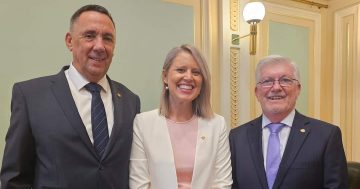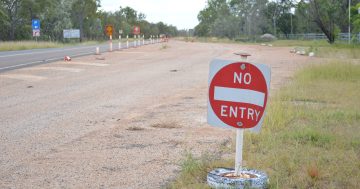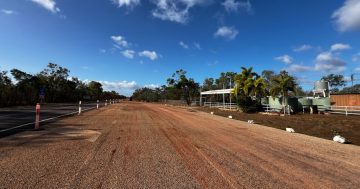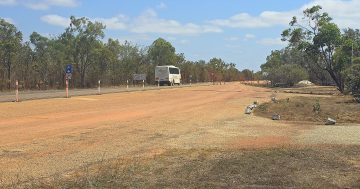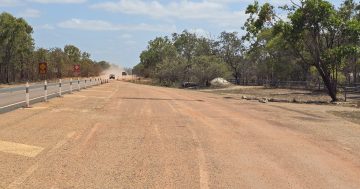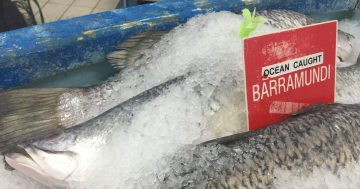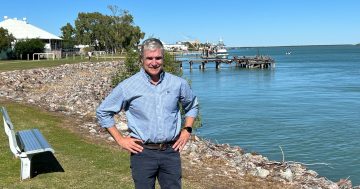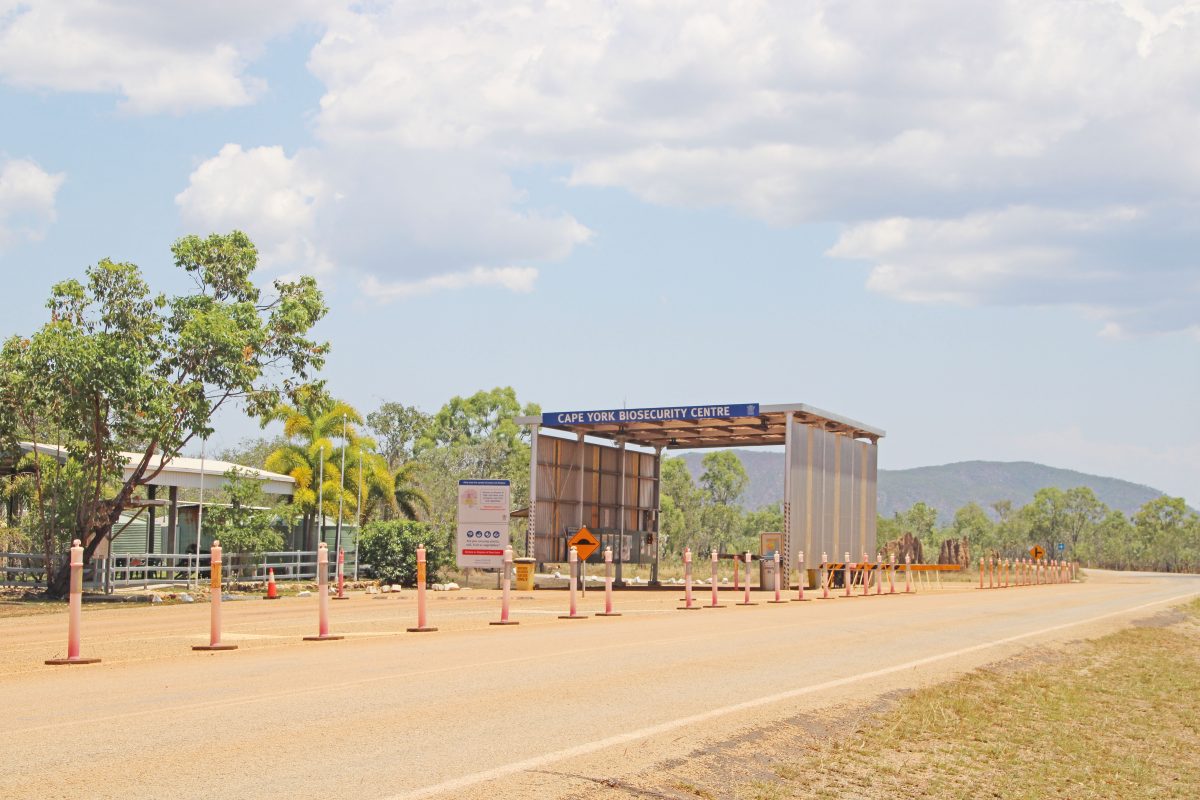
The Cape York Biosecurity Centre at Coen will close on June 30.
DESPITE new and increased risks to the nation’s biosecurity, the Queensland government remains committed to closing the Cape York Biosecurity Centre at the end of the month.
It’s a decision that has baffled most experts, who say that more resources – not less – are needed to protect our agricultural sector.
The decision also appears to fly in the face of policy from five years ago, when the government announced it was pumping more resources into the Coen facility.
In a 2018 statement, Minister for Agricultural Industry Development and Fisheries Mark Furner said $1.73 million had been allocated over three years for the Far Northern Biosecurity Initiative.
“Biosecurity Queensland’s Far Northern Biosecurity Initiative includes a range of measures to address specific biosecurity issues relevant to Cape York and the Torres Strait,” he said at the time.
“Employment opportunities, traineeships, more operating hours for the Cape York Biosecurity Centre at Coen, developing culturally appropriate education materials and improvements to how Biosecurity Queensland engages with local communities are core components.
“The Far Northern Biosecurity Initiative will deliver a contemporary biosecurity service in accordance with the expectations of regional stakeholders.
“The Far Northern Biosecurity Initiative will reinforce the importance of the strategy to the region and highlight the benefit it provides in mitigating biosecurity risks to all of Australia.”
However, less than five years since that announcement, the Coen centre will close, with nothing to replace it.
Yet there are more immediate risks to northern Australia today than there were in 2018.
There was no African swine fever in East Timor, Indonesia or Papua New Guinea.
It entered PNG for the first time in March 2020 and has been spreading since.
There was also no lumpy skin disease in Indonesia.
It entered Indonesia for the first time in March 2022 and has been spreading by insect vectors.
Control measures are continuing, including vaccination of cattle and buffaloes.
Foot and mouth disease continues to scare cattle operators in Australia after it appeared in Indonesia last year for the first time since 1983.
A long-time biosecurity officer told Cape York Weekly: “It just doesn’t make any sense to close the Coen facility.
“It’s not just about stopping tourists, it’s also having a physical point where you can cut off traffic in and out of the northern Peninsula in case something were to happen.
“I hope this decision doesn’t come back to bite them in the backside.”


